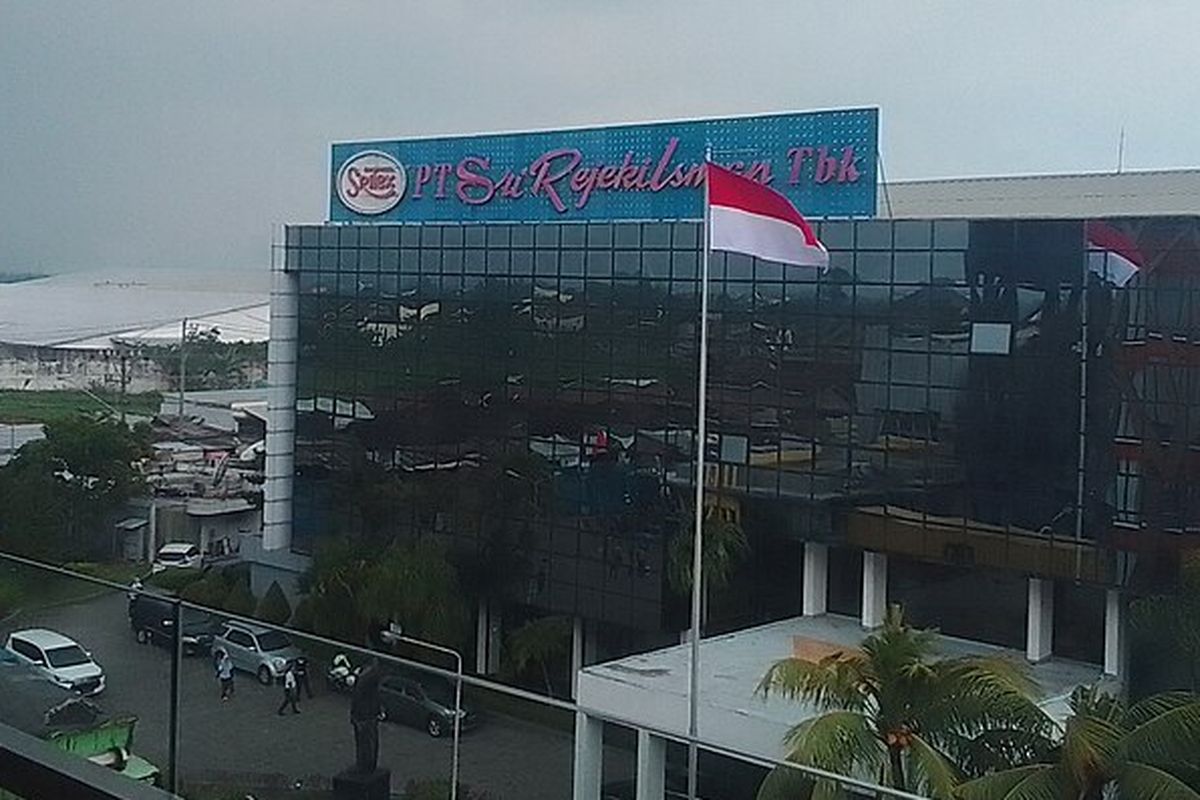Crisis in Indonesian Textile Industry: Sritex Bankruptcy Sparks Urgent Calls for Government Action
JAKARTA, RAKYAT NEWS – The Indonesian textile industry is facing a significant crisis, highlighted by the recent bankruptcy of PT Sri Rejeki Isman Tbk (Sritex). This situation has led to mass layoffs, raising alarms about the future of the sector. The court ruling declaring Sritex bankrupt marks a troubling trend in an industry already struggling with various challenges.
Economist Nailul Huda from the Center of Economic and Law Studies (Celios) has urged President Prabowo Subianto to take immediate action to address these issues. He emphasizes the need for the government to halt the negative trajectory of the textile industry, which has seen a growing number of companies fail. Huda suggests that restricting imports could be a critical step in stabilizing the sector.
Huda argues that the government should implement stricter regulations on imports, alongside providing incentives for local textile producers. He believes that revisiting import duties on textile products is essential to prevent further instability in the market. Without these measures, the situation is likely to deteriorate further, impacting both employment and economic health.
The pressure on the textile industry has been exacerbated by declining demand from major markets such as the United States and China. Although the U.S. economy has shown signs of improvement, it has not translated into increased demand for textiles. Meanwhile, China’s textile supply has outstripped demand, leading to a further slowdown in the sector.
The introduction of new import regulations in May 2024 has added to the challenges faced by domestic producers. This policy shift comes at a time when domestic demand is also weakening, with consumers increasingly opting for cheaper imported goods. Huda points out that both domestic and international pressures are combining to create a precarious situation for local manufacturers.
Yusuf Rendy Manilet, an economist at the Center for Reform on Economics (CORE) Indonesia, has also called for the government to strengthen measures against illegal imports. He argues that these imports are undermining the competitiveness of local industries. Manilet advocates for tighter oversight at ports and a reevaluation of tariffs to ensure a fair playing field for local manufacturers.
To safeguard the future of Indonesia’s textile industry, experts agree that a multifaceted approach is necessary. Strengthening local industries through better policies and support, while addressing the challenges posed by imports, could help stabilize the market and promote sustainable growth. As the situation unfolds, the actions taken by the government will be crucial in determining the industry’s trajectory. (Uki Ruknuddin)


Tinggalkan Balasan Batalkan balasan